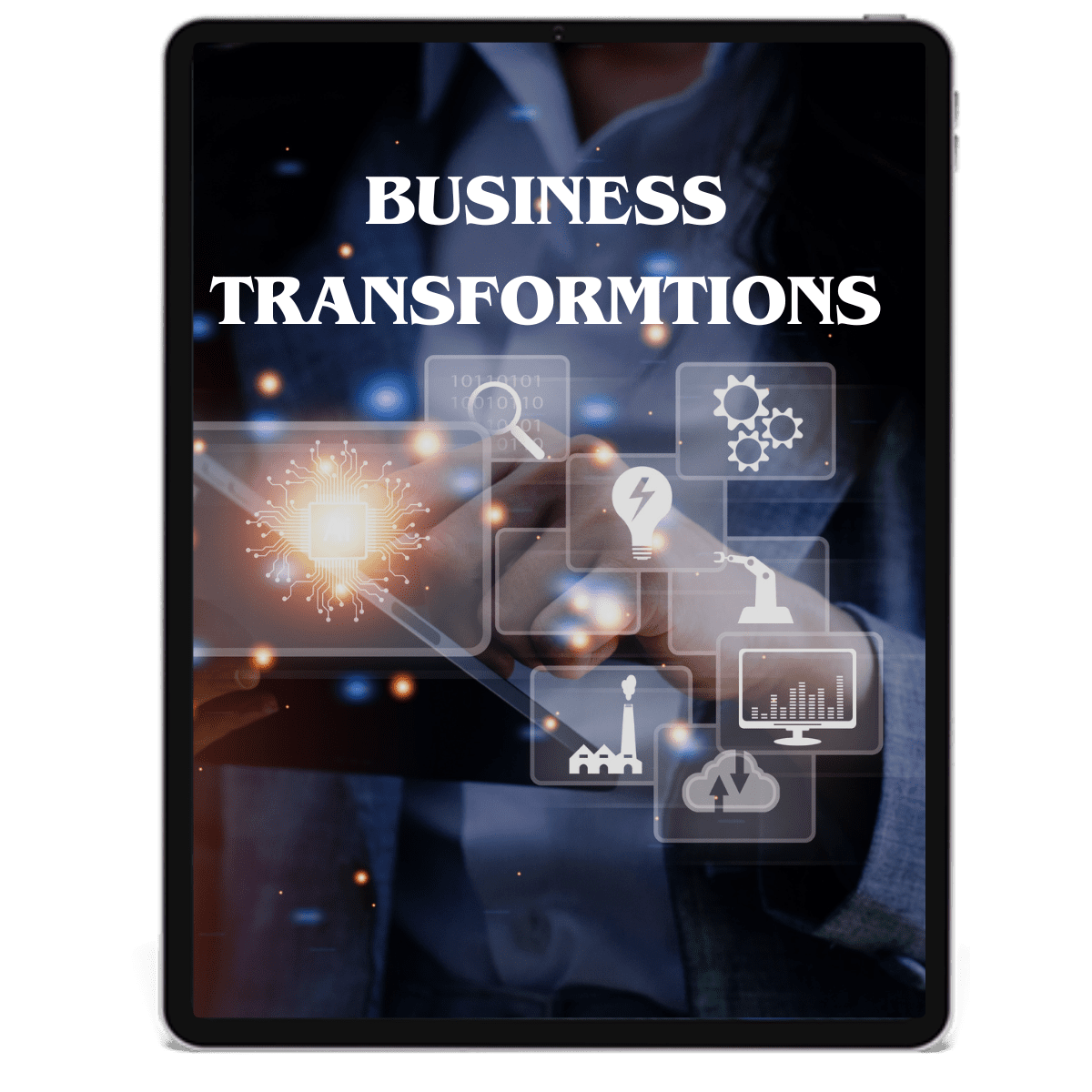
Business Transformations: Redefining Success in a Post-Pandemic World
In today’s post-pandemic landscape, transformation is no longer optional—it’s the oxygen of business survival. The last few years have redefined the way organisations operate, revealing gaps in adaptability, digital readiness, and strategic resilience. A Business Transformation bridges those gaps by aligning strategy, technology, people, and process to thrive in an unpredictable world.
At McFarland Consulting & Advisory, we define business transformation as the strategic reinvention of a company’s operational, financial, and technological frameworks to ensure agility, innovation, and sustained growth. It’s not just about change—it’s about recalibration. A true transformation empowers leaders to make data-driven decisions, automate intelligently, enhance customer experience, and future-proof their business models.
Whether an organisation is recovering, realigning, or ready to expand, transformation ensures that it emerges stronger, leaner, and better equipped to serve tomorrow’s marketplace. This journey is about turning complexity into clarity, risk into resilience, and potential into performance. Businesses that embrace transformation don’t merely survive—they lead the new era of digital and operational excellence.

Why Now Is the Time to Undertake a Business Transformation
The Marketplace Has Permanently Changed
The post-pandemic economy has reshaped buyer behaviour, digital engagement, and competition. Businesses that adapt now gain early-mover advantage—capturing market share while others hesitate. Transformation ensures relevance, responsiveness, and readiness for the new customer-driven economy where innovation and speed define success.
Digital Acceleration Is No Longer Optional
The world has gone digital faster than anyone predicted. Customers expect seamless experiences across every touchpoint. By transforming now, your organisation can modernise systems, integrate technology, and automate processes—reducing costs while enhancing agility, visibility, and competitive advantage across every operational layer.
Economic Uncertainty Rewards the Prepared
In an unpredictable global economy, stability belongs to those who anticipate disruption. Transformation builds financial resilience, optimises resources, and safeguards business continuity. Acting now positions your organisation to weather volatility and thrive in markets where unprepared competitors are forced to react rather than lead.
Workforce Expectations Have Evolved
The modern workforce values flexibility, innovation, and purpose. A timely transformation modernises workplace systems, empowers hybrid collaboration, and attracts top-tier talent. When people feel supported and engaged, productivity soars—creating a culture where innovation and loyalty drive long-term business sustainability.
Delayed Change Equals Lost Opportunity
Every quarter without transformation increases operational drag and missed potential. Acting decisively now ensures your business doesn’t just catch up—it leads. Transformation replaces reactive management with proactive momentum, positioning your organisation as a confident, future-ready leader in its industry.

Five Key Benefits of Business Transformation
Strategic Agility and Future Readiness
Transformation introduces flexibility into strategy and structure, enabling organisations to pivot quickly in response to market shifts or global disruptions. This agility helps leaders anticipate change rather than react to it—ensuring continued growth, competitive advantage, and the ability to seize emerging opportunities with clarity and confidence.
Enhanced Operational Efficiency and Productivity
Through process reengineering, automation, and technology integration, transformation eliminates bottlenecks, reduces waste, and improves collaboration across teams. Businesses operate with greater precision and accountability, leading to higher productivity, cost savings, and measurable performance outcomes that support long-term profitability and operational excellence.
Digital Empowerment and Technological Resilience
Transformation leverages digital tools, cloud platforms, and AI-driven analytics to create smarter, more connected organisations. This strengthens decision-making, enhances cybersecurity posture, and ensures that business continuity is never compromised—building a technology foundation that adapts to both opportunity and adversity in the digital age.
Customer-Centric Growth and Market Relevance
Transformation aligns business models with customer expectations, enabling personalised experiences and improved service delivery. When businesses evolve around customer needs, loyalty deepens, and market share expands. The result is sustained growth powered by empathy, innovation, and a continuous feedback loop between brand and consumer.
Cultural Renewal and Workforce Engagement
Transformation revitalises company culture by fostering collaboration, accountability, and purpose. It empowers employees to innovate and contribute meaningfully to shared goals. A renewed culture drives morale, retention, and productivity—ensuring that people, not just systems, become the engine of long-term transformation success.
Will Your Business transformation be the Next Great Success Story… or Just Another Entity Surviving From One Quarter to the Next ?
The pandemic was a tragedy. But from tragedy comes opportunity. The businesses that died were often the ones unwilling to change. The ones that thrived? They adapted.

Will You Take The Next Step?
Now, the playing field is wide open. The question is: Will you take the leap?
Because history doesn’t reward the hesitant. It rewards the bold.
The next chapter is yours to write. What will it say?
© 2026 Luke McFarland Consulting| All rights reserved.

